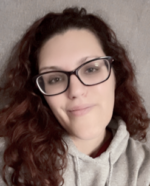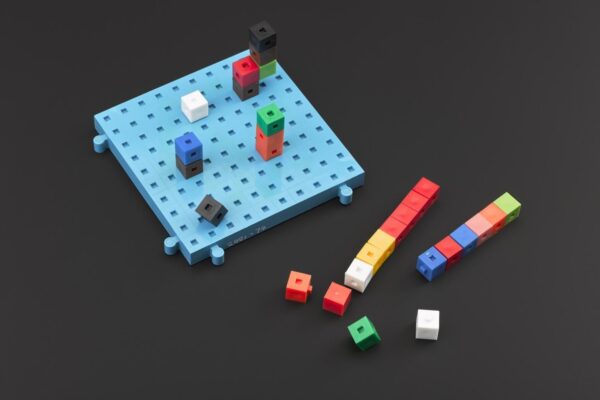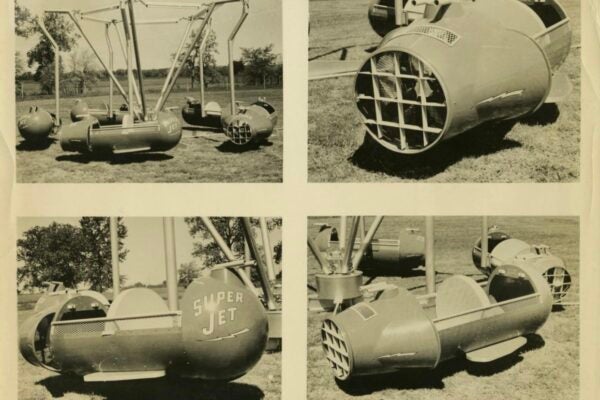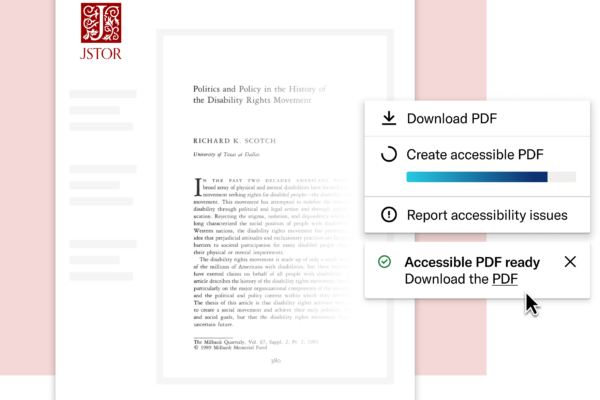An interview with Elizabeth Shatswell (JSTOR), Phiengchai Sisouvanh, and Bonnie King
Listen to the full interview with Bonnie and Phiengchai below.
From the Editor:
I first met Phiengchai Sisouvanh in 2019, when I was transferred across the country from the Fluvanna Correctional Center for Women in Troy, Virginia to the Washington Correctional Center for Women in Gig Harbor, Washington. She was a super short, super bubbly woman who bounced up to me as I dragged my prison issued kitbag into the medium security unit, and demanded “HI, welcome to paradise” and rolled her eyes while grinning simultaneously. I was then and continued to be completely caught off guard at her ability to deliver the most sarcastic statements in a completely inclusive, engaging and supportive way. I laughed and continued on to my new cell.
I had served 17 years of a juvenile life de facto sentence at the time, and was completely uncomfortable in my new surroundings, yet in that brief exchange she shifted the energy in which I was moving into this new prison with. We did not become friends immediately, but slowly with our shared passions. We both worked as Braille transcribers in the Braille shop, participated in the Freedom Education Project Puget Sound (FEPPS), were accepted and completed our Bachelors with the first cohort of students through a partnership with FEPPs and the University of Puget Sound. We both struggled at aligning our past choices with our current being and hoped for a change in legislation or circumstance that would allow us to have a second chance at life beyond the walls. We struggled through office drama, COVID lockdowns, and assignments that mandated tutor sessions in the middle of the night in the communal bathroom as the dayrooms had been long since closed. Ultimately we became great friends.
The laws in Virginia changed and juvenile parole became an option for me. I made juvenile parole in 2023, after serving a total of 23 years of a 55 year sentence for a first time non-lethal crime, the first girl to make it under the new parole board in Virginia. Leaving Phiengchai behind was one of the hardest things in my life.
Policy in most states dictates that once you leave a prison you are not allowed to engage with the community you had built there. Be that staff, guards, teachers, fellow justice impacted individuals, volunteers and anyone else who has become part of your community. Imagine being suddenly cut off from the people who you have depended on for the last 2+ decades to become who you are, support you and share life with. I had the adventure and struggle of my new freedom and an amazing support system to buffer that transition for me. Phiengchai did not. So when my Great-Aunt Bonnie volunteered to start visiting her monthly it was a gift to us both.
In her essay Phiengchai tells us about herself, her passion for God and life. In the recordings you get to hear of this continued community that exists beyond our past choices, current policies, and limitations inside of the friendship and fierce Scrabble competition forged between Bonnie and Phiengchai. It is an honor to be reconnected in this way to my friend and share this community with you all here.
Those we meet in education settings on a traditional campus become our partners in marriage, life long friends, and connections for advancement in the workforce. I urge us all, as a greater community working in both corrections and education sectors, to actively seek innovative ways to bridge gaps and transform how we support and nurture these vital relationships, just as we would with any other alumni.
JSTOR Access in Prison Second Chance essay submission by Phiengchai Sisouvanh
I am Phiengchai Sisouvanh and I am a child of God, plus I am serving a sentence of life without the possibility of release or parole (LWOP). I am also the eldest daughter of two Southeast Asians, who immigrated 8,298 miles to the east. I have come much further from our lowland Laos, Thai, Hmong, Vietnamese, and Chinese culture, religion, and identity. In any case, today, I am likewise a Freedom Education Project Puget Sound (FEPPS) honor student.
As an incarcerated student, I have learned a few things about prison. Prison offers two choices to every person. living within these walls. Either you sit, sulk, and dwell on how unfair life is to you, or you try and figure out how to use the situation to better myself. I have chosen the latter. I have found a greater purpose through FEPPS and not only have I found my voice, but I learned that I’m more resilient than I thought. I’ve learned the value of education, which provides the most important tool to build and create my life for a better tomorrow.
In the spirit of never giving up on my motivation for hope or transformation and the determination for a better future, I have obtained my Associates of Arts and Sciences Degree with Honors on Saturday, June 22, 2019. In addition, I was nominated twice by my fellow graduates of 2019 to give the Charge for the Graduates speech. I was very honored and humbled by this experience. In the winter of 2020, I was admitted to the Bachelor of Arts in Liberal Studies at the University of Puget Sound and have done exceedingly well. On Saturday, June 1, 2024, Washington Corrections Center for Women, hosted the first BA graduation ceremony in our state for incarcerated individuals. As part of the transformative movement to higher education, I was able to participate and received my Bachelor of Liberal Arts with Cum Laude, as the first LWOP to accomplish this monumental undertaking. This is a pivotal point in my life’s trajectory.
Furthermore, as a daughter of two immigrants who were unable to graduate for cultural differences, I brought home the first, second and only degrees in the family. My parents are so proud of me and live vicariously through me and we are in the same mindset that higher education in prison is as essential to my life as air and water. It does so much more than teach me facts and figures. It builds self-esteem where there was none. It creates hope when I thought there was not a hint of hope, and it opens doors in life that were once closed. Therefore, my parents encourage me to aspire to climb as high as I can dream.
As an incarcerated individual seeking out education, I’m an example to other LWOPS in similar circumstances, proving that there’s still hope on the horizon. Education gives me hope for the future, for being able to better myself, sharing this is pertinent in showing society the benefits of a liberatory education and the possibilities it creates for a promising life to come. This is not about how smart you are, it’s about how bad you want it, and how far you’re willing to go to get it. So, get out there and do the dang thing!
The opinions and views expressed in these recordings, art, and posts are those of the authors and do not represent, reflect, or imply endorsement by ITHAKA.



